By Jigglyspy, 22.10.2020.
Hello virtual friends, how are you? I guess you’ve all heard of the “smoking leg,” and have you heard of the king of fruits called “stinky thumb” or Durian?
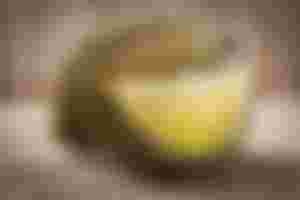
The adored fruit in the countries of Southeast Asia is called durian. It has a disgusting taste, an even worse smell, but it has "that something" which is why it is called the "king of fruits". Few fruits on the planet have its nutritional value!
Durian is considered the king of fruits, but that is no coincidence. The fruit of this plant, extremely popular in Southeast Asia, is incredibly nutritious compared to most other fruits that grow around the world.
Durian grows in the tropics and can be found mainly in Indonesia, Thailand and Malaysia. It has a different taste compared to any other tropical fruit we know. If we are going to specify what it tastes like - garlic, caramel, cheese and almonds - but all together! From that alone, it can be concluded that its taste is very specific, so that people who have tasted or despised this fruit are not indifferent!
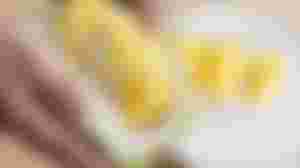
Durian can be eaten fresh or cooked. The large seed is located in the heart of the fruit and is edible, but only cooked or baked. The bark of durian is covered with thorns.
When it comes to its scent, even that nature was not particularly fond of this fruit. Those who tried durian must have already felt a strong smell after cutting. Also, here, as with the taste, opinions are divided. To some, the smell of durian is acceptable, while the vast majority describe it as extremely ugly - a smell reminiscent of the common smell of onion, sewage and sulfur. Therefore, neither the smell nor the taste of durian is recommended for people with a more sensitive stomach who have never tried to experiment with food with an unusual aroma.
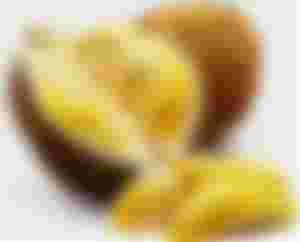
Examples of durian products are enough about the popularity of this fruit in the countries of Southeast Asia. While in Singapore it has the status of a national fruit, in Malaysia it is used to make pancakes and macaroni, in the Philippines candies and ice cream, and mousse cake and cream cakes in Brunei. In Indonesia, people like roasted durian in whole wheat dough, while the Vietnamese have gone a step further than everyone else - they make durian-flavored condoms!
Although neither the smell nor the taste is an advantage, durian still has "that something" that other fruits do not have. The nutritional value of this plant is simply phenomenal! An average-sized durian has about 26 grams of fat, 132 grams of carbohydrates, 9 grams of fiber and 4 grams of protein. In addition to this, it is rich in vitamin B (B1, B2, B3 and B6), vitamin C, manganese and potassium. It contains traces of copper, folic acid and magnesium. This fruit has significant amounts of powerful antioxidants such as anthocyanins, carotenoids, polyphenols and flavonoids.

In traditional medicine, durian is used as a natural remedy for diseases such as fever and various skin diseases. However, its healing properties have yet to be explored.
Like any other fruit on the planet, this fruit can be used as a prevention to reduce the risk of cancer, thanks to its high content of antioxidants. Durian inhibits the development of cancer cells with its ability to neutralize free radicals in the human body.

It is also considered important in the prevention of heart disease because it can lower cholesterol levels. As it is extremely rich in vitamin C, durian is an excellent natural remedy for the prevention of stroke, because it has the power to reduce the risk of hardening of the arteries. Its low glycemic index helps to balance blood sugar levels. In addition to all these benefits of the "king of fruits", durian is claimed to have a pronounced aphrodisiac effect.
The smell of its fruit is described by some as "the stench of rotting corpses", but the biological waste generated by this plant has good conductivity and allows electrochemical reactions to take place.
Soon, however, this plant could become very famous in the world, regardless of who thinks about it, since scientists have found a potentially very important possibility of its everyday use - fast charging of batteries of our electrical devices, and maybe even cars with electrically driven.
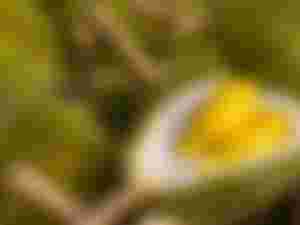
The reason for this is the way nature "designed" this fruit. Scientists have discovered that when the biological waste generated by this plant is compressed, it turns into "supercapacitors" capable of storing large amounts of energy.
Scientists claim that "the structural precision of natural biomass with hierarchically distributed pores, which were formed during millions of years of biological evolution" represents an exceptional resource for further production of carbon-based materials.
This biomass covers large areas of the earth, and the good conductivity of its layers enables electrochemical reactions (ion diffusion and high-density voltage flow).

By the way, the idea that nature is the one that can provide us with solutions to some of the most common modern technological problems is not new. Almost all of us still had the opportunity to perform simpler experiments in school, such as using ordinary potatoes instead of batteries, so this solution could bring us more durable and long-lasting batteries in the future, which charge faster.
I'm not sure if you would dare to try this fruit, would you? Regards to all @Jigglyspy

Photos of usage in this post can be found at www.google.com
If you haven't read my new articles here are links to them:
The creator of children's fantasy
That is how the legends said goodbye to the world
Events that Serbia does not forget are shown in photographs
A man with a big heart / Covek velikog srca
Breastfeeding - good for the baby but also for mom / Dojenje - dobro za bebu ali i za mamu
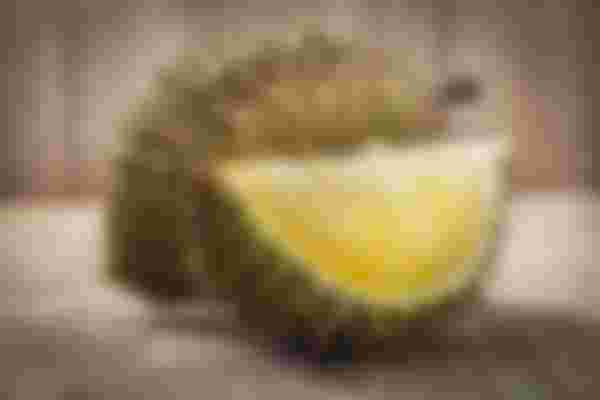
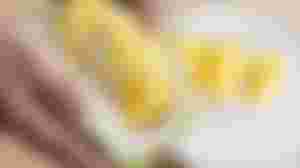
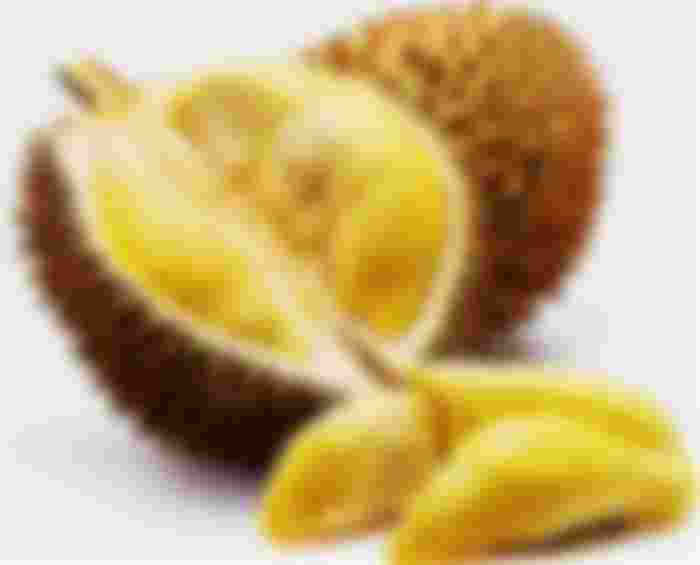

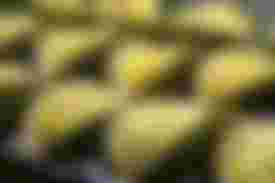
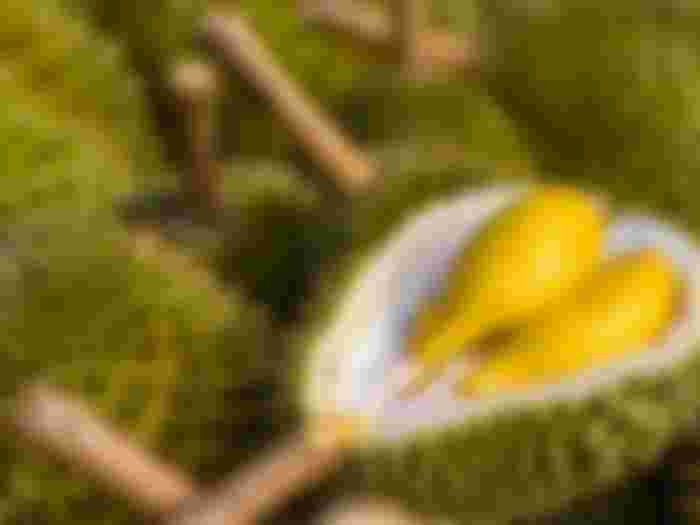


I see this fruit for the first time!